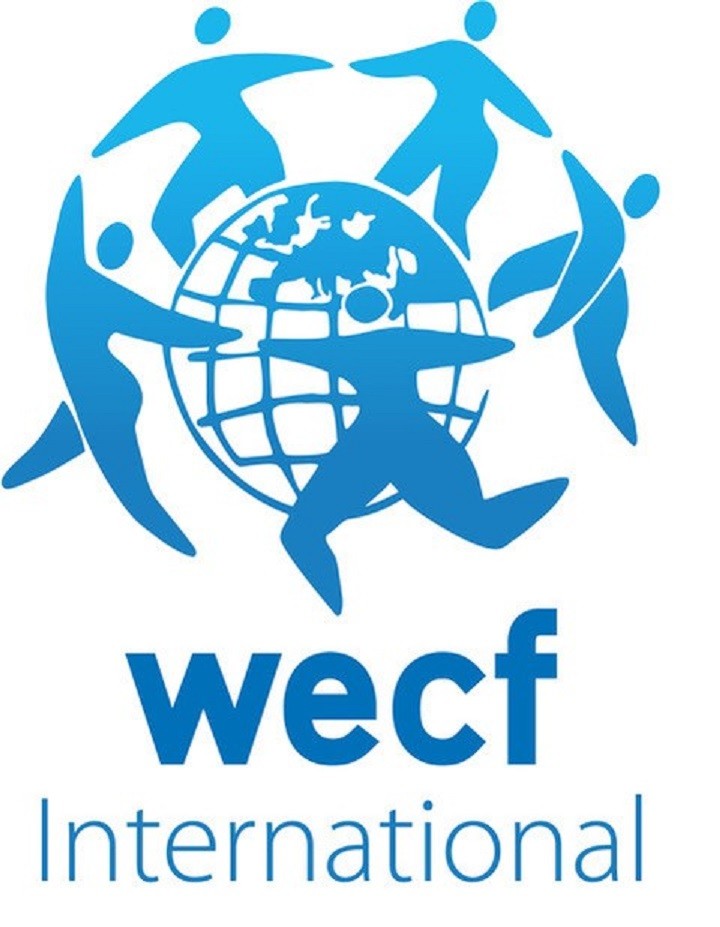EWA: Women Empowerment – Benefit (for) All To contribute to the economic and political empowerment of women from low-income rural and peri-urban regions in six developing countries
Women Engage for a Common Future
WECF
Women Engage for a Common Future (WECF) developed together with (17) local partners in six countries (Afghanistan, Georgia, Kyrgyzstan, Tajikistan, South Africa, and Uganda) the Empower Women – Benefit for All programme (EWA) which is funded through FLOW.
Mission
Increased economic self-reliance and women’s political participation of women in low-income rural and peri-urban regions. The overall goal of the "Empower Women – Benefit (for) All" (EWA) programme is to contribute to the economic and political empowerment of women from low-income rural and peri-urban regions in six developing countries (Afghanistan, Georgia, Kyrgyzstan, South Africa, Tajikistan, Uganda).Approach
Although overall the economic component is on track, it showed a high variety among countries (and even partners) in realising planned activities and targets. This appeared due to contextual factors and the nature of activities undertaken by women and men project participants. Another important factor is the partners’ capacities to understand the various aspects of business development and how to support women and men in developing their (very) small-scale income generation into a business based on a profit orientation. This lead to the recommendation that WECF coordinators supported by the WECF business advisor jointly with the partners should reflect on the country project’s economic component taking the various factors mentioned into account.External Website(s)
http://www.wecf.eu/english/about-wecf/issues-projects/projects/ewa/
Answer questions about the project
Filter / Tags
Capacity developmentFood security and productive sanitationRural areasPolitical processes and institutional aspectsOtherSpecific to one or several countriesEnabling environment and institutional strengtheningOther funding source or unspecifiedPeri-urbanRuralPractitionersInternational NGO
Related Countries
AfghanistanGeorgiaKyrgyz RepublicSouth AfricaTajikistanUganda

Project location
